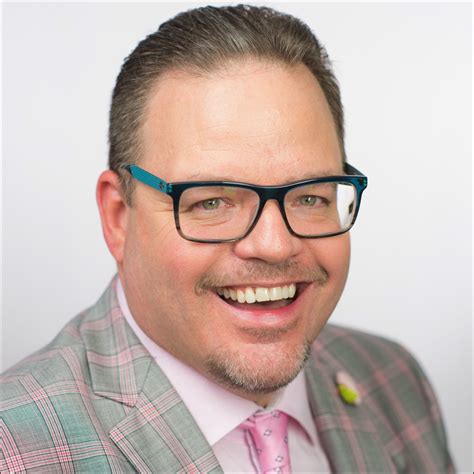A Quote by E. L. Doctorow
If you feel a bump on page one hundred, it may be you went off on page fifty.
Related Quotes
You need to give the reader a reason to turn the page. In a diary, you are just yourself. You aren't trying to entertain. You aren't trying to get anyone to turn the page. I have over one hundred and fifty six volumes of my diary and I guarantee you that if you read them, you'd stop and never come back.
Yes, the fear of its blankness. At the same time, I kind of loved it. Mallarmé was trying to make the page a blank page. But if you're going to make the page a blank page, it's not just the absence of something, it has to become something else. It has to be material, it has to be this thing. I wanted to turn a page into a thing.
In a 22-page comic, figuring an average of four to five panels a page and a couple of full-page shots, a writer has maybe a hundred panels at most to tell a story, so every panel he wastes conveying a.) something I already know, b.) something that's a cute gag but does nothing to reveal plot or character, or c.) something I don't need to know is a demonstration of lousy craft.







































